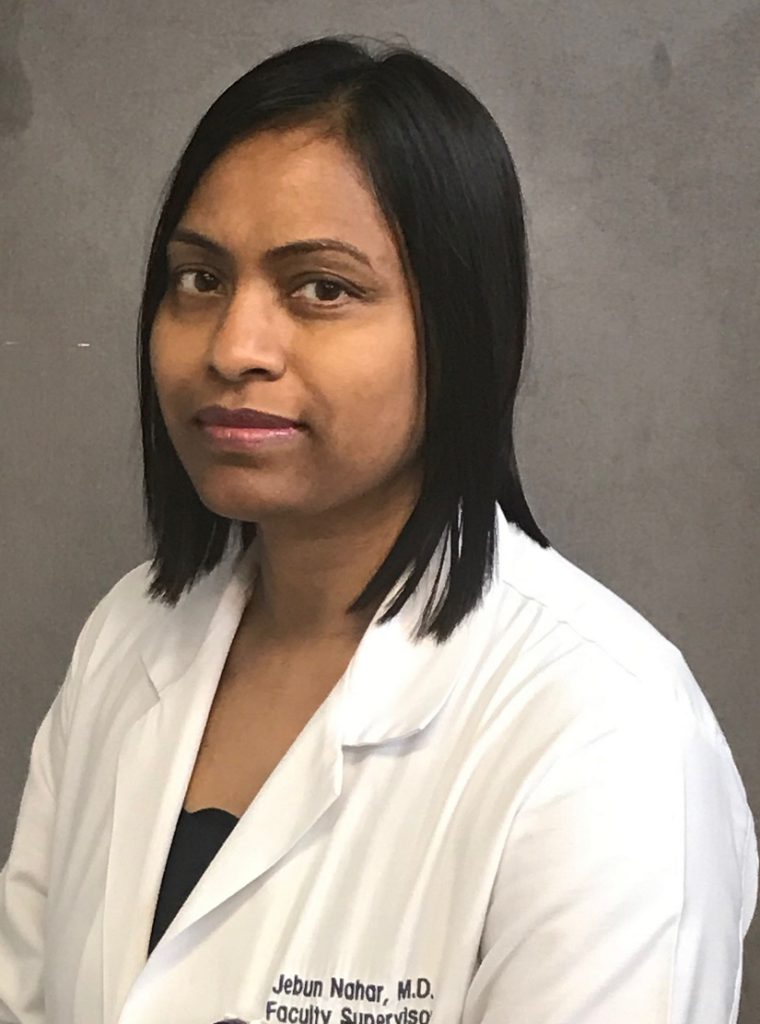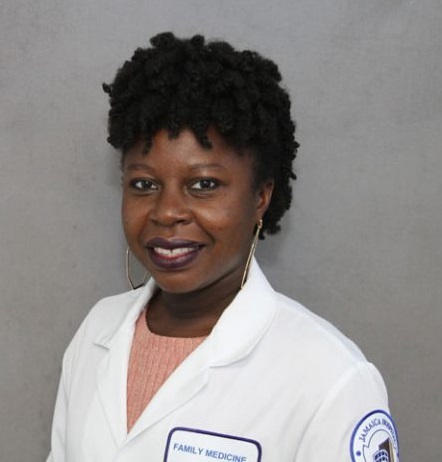This month we shine our Employee Spotlight on Frank Filloramo, Paramedic.
Frank Filloramo is a very familiar face to many people as he has worked in the Pre-Hospital Care Department at Jamaica Hospital Medical Center for over 30 years. Frank grew up in Howard Beach, New York and went to elementary school at St. Helen’s, then on to Christ the King for High School, and attended St. John’s University.
While working at Jamaica Hospital, Frank worked for the New York City Police Department as a Sergeant in the Counterterrorism Division. He retired from that position in 2010 after having served for twenty years. He also worked part time for two years as a paramedic for the New York Mets at Citifield. He says it was a great experience and he met some very interesting players. In 2017, Frank was one of the employees who went to Puerto Rico as part of Jamaica Hospital’s Hurricane Maria relief effort to the island.
Frank currently lives in Connecticut and has three beautiful daughters, ages 16, 13, and 10 years old. They mean the world to him. In his free time he enjoys cooking with his girls, especially making home-made pizza. Frank says that family is the most important part of his life. This is why holidays that involve family gatherings such as Christmas are special to him. While his immediate family is his number one priority, he values his family at Jamaica Hospital as well.
Frank enjoys working at Jamaica Hospital. He says that it is like a second home. The hospital allows Frank to live his dream of helping others and sharing his knowledge with colleagues. Jamaica Hospital is fortunate to have Frank as part of our team at and we look forward to him remaining with us for many more years.
All content of this newsletter is intended for general information purposes only and is not intended or implied to be a substitute for professional medical advice, diagnosis or treatment. Please consult a medical professional before adopting any of the suggestions on this page. You must never disregard professional medical advice or delay seeking medical treatment based upon any content of this newsletter. PROMPTLY CONSULT YOUR PHYSICIAN OR CALL 911 IF YOU BELIEVE YOU HAVE A MEDICAL EMERGENCY.







